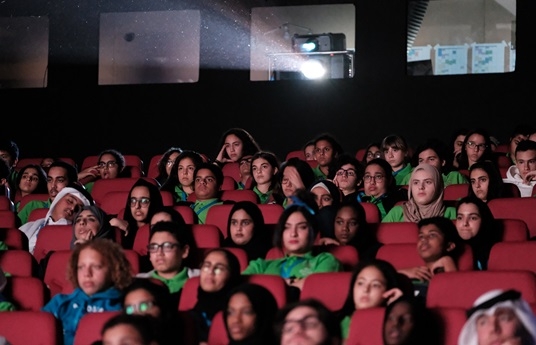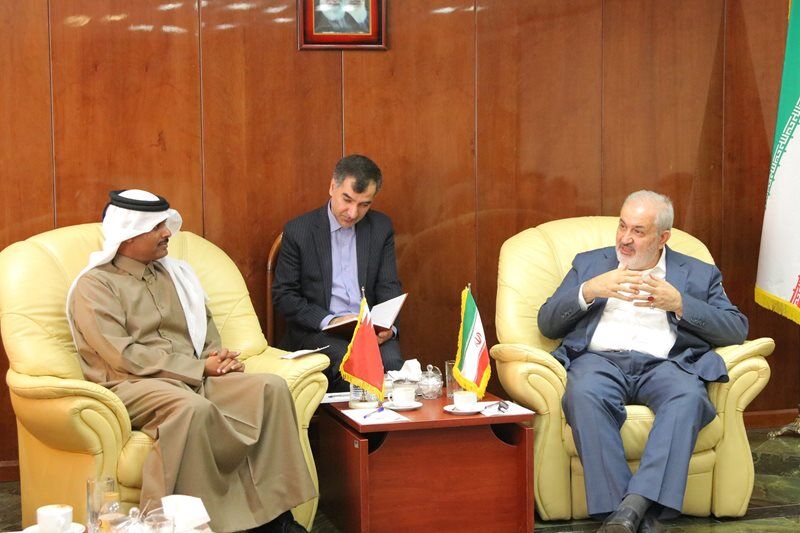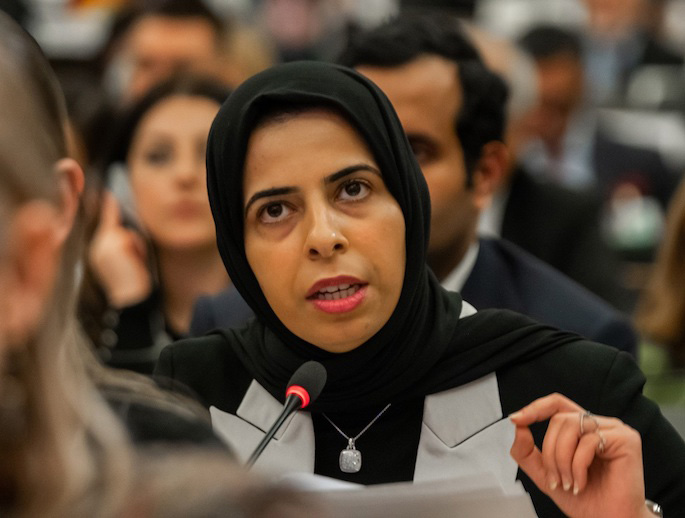The country’s currency has lost 90% of its value to the US dollar since 2019, with the population unable to access their savings from local banks.
Lebanese President Michel Aoun has expressed the importance of Qatar’s support to Lebanon during its times of hardship in an exclusive interview with Doha’s state news agency (QNA) on Saturday.
In his conversation with QNA, President Aoun said that Qatar and Lebanon seek to continuously develop their ties under the common desire to preserve them.
The interview came ahead of the Lebanese parliamentary elections on Sunday, the first since the 2019 revolution that called for political reform. The previous elections took place in 2018 and the country has since witnessed a worsening economic situation.
The country’s currency has lost 90% of its value to the US dollar since 2019, with the population unable to access their savings from local banks. The people of Lebanon hoped that the elections would vote out the politicians that they have blamed for the country’s economic turmoil.
Qatar has previously offered to provide Lebanon with assistance once it forms a government.
Speaking to the Qatari news agency, Aoun said that he hopes the next parliament would elect a new president who would “complete the road map he had set to end the difficult situation the Lebanese live in.”
The voter turnout amongst Lebanese expats in Qatar on Friday 6 May reached 66.38%, according to figures provided by the Lebanese Embassy in Doha. A total of 4,875 Lebanese voters out of the 7,344 registered have cast their votes at polls in Doha.
The global voter turnout for this year’s elections is estimated to be at least three times the figures of the polls in 2018, according to Reuters.
Last hope
The latest elections in Beirut are seen as the Lebanese people’s last hope after years of demanding change. According to Reuters, three quarters of Lebanon’s population were pushed into poverty as a result of the economic situation.
The World Bank has described the situation in Lebanon as one of the worst financial crises in modern times. The situation was worsened by the Covid-19 outbreak and the Beirut Blast in 2020.
Despite billions of aid sent to Lebanon at the time, some non-governmental organisations said that they had received nothing. Qatar was the first country to offer direct support for the Lebanese in the aftermath of the explosion.
The Gulf state had pledged more than $70 million in donations.
Almost two years on, the people of Lebanon are still calling for accountability and an adequate investigation into the tragedy. The explosion was caused by years of hidden explosive material at the Beirut port that politicians have appeared to be aware of.
“I have tried voting them out before but this time, it’s personal and we are angry. We want justice. We can no longer remain quiet and watch them lie to us, disrespect us and strip away the dignity and pride of the Lebanese people,” Rita Dahdah, a Lebanese woman working in Qatar told Doha News.
The elections are one of the conditions presented by the International Monetary Fund (IMF) under an April draft agreement with the Lebanese government. The elections would enable the entry of much-needed financial aid to the country.
Aoun told QNA that the agreement with the IMF is “the beginning of the march towards recovery and exit from this crisis.”
“The goal of reaching an agreement with the International Monetary Fund is not only to obtain the amount of three billion dollars, or any other amount, as much as it is to lay down a valid road map for a valid economic and financial future vision,” said the Lebanese president.
Corruption
Years of corruption has been a key issue that the people of Lebanon have been aiming to address through the elections. This is a demand that was heard echoing since the revolution, as people chanted ‘kellon ya’ani kellon’, translating to “all means all” in Arabic.
Lebanon’s societal fabric is fragmented into Shia Muslims, Sunni Muslims, Druze, Maronites and other Christian sects.
In 1975, several segments engaged in a 15-year civil war that has left a lingering impact on the country. Various Lebanese officials continue to be caught up in corruption and scandals.
The parliamentary elections take place every four years and the candidates at the elections come from opposing political parties and sects. A number of seats are allocated for each sect.
The Lebanese population had to leave their country to seek a better life and hope that the elections would enable their return to a better Lebanon.
“It is time to change and give the chance to new people and I am responsible towards my kids. We are still paying the choices of our families,” Lina Bissani, who’s children are currently university students studying in Beirut, told Doha News.







